Read all this to understand my problem: In my collage test there was a question like this:
What is the error in this code:
#include<stdio.h>
int main(){
printf("Hello World");
}
Answer of above code: compiling Error
But This is what I got when I try it practically:
As per books we have to return 0; when we use int main()
can any one give perfect or understandable Explanation.